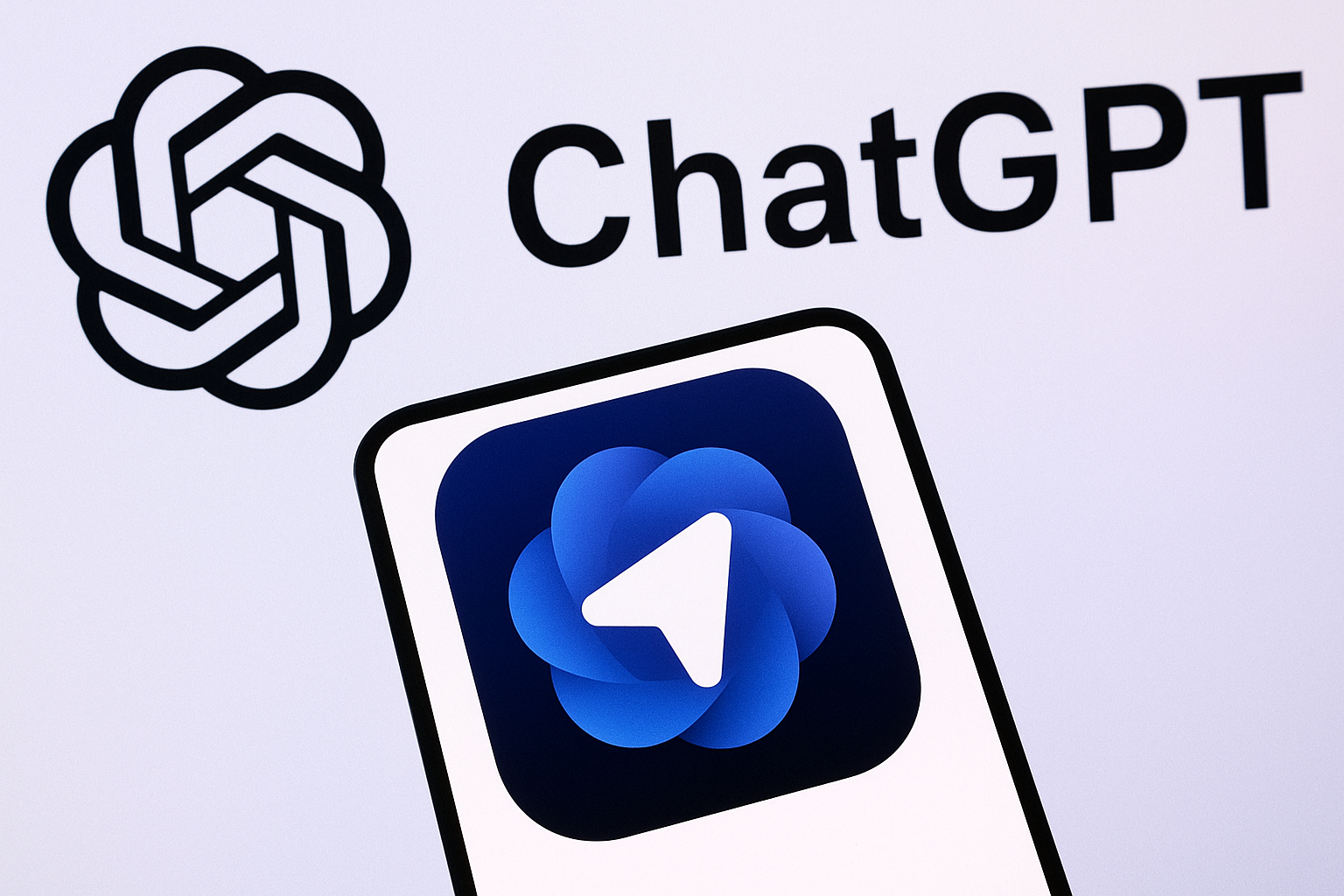On October 21, OpenAI officially launched ChatGPT Atlas — a long-anticipated AI-powered web browser built around its flagship chatbot. The debut marks a bold step into the browser market, directly challenging Google Chrome’s dominance and reshaping how users engage with the internet. With over 800 million weekly active ChatGPT users, ChatGPT Atlas aims to transform everyday browsing into a conversational, intelligent experience.
ChatGPT Atlas vs. Chrome: A New Browser War
The launch of ChatGPT Atlas comes as competition heats up in the AI browser space. Rivals like Perplexity’s Comet, Brave, and Opera’s Neon are racing to integrate tools that summarize content, autofill forms, and even write code. But OpenAI’s browser stands out with its seamless integration of ChatGPT, offering users a smarter, more intuitive way to navigate the web.
A key feature of ChatGPT Atlas is its persistent sidebar, which users can activate in any tab to summarize articles, compare products, or analyze data in real time. Its most powerful tool — “agent mode” — is available to paid users and allows ChatGPT to complete tasks autonomously. In a live demo, developers showed how the agent could find a recipe and automatically order ingredients via Instacart, completing the process without user input.
Global Rollout and Platform Expansion
ChatGPT Atlas is now available globally for macOS users, with versions for Windows, iOS, and Android expected soon. The browser replaces the traditional search bar with a “composer bar,” allowing users to describe what they need in natural language rather than relying on keywords or URLs — a shift that could redefine how people search online.
Google’s Gemini and the AI Search Shift
Since ChatGPT’s rise in 2022, Google has been evolving its search experience to keep pace. Its Gemini AI model now powers AI-generated overviews in Chrome for U.S. users, with plans to expand to mobile platforms. Still, Chrome held a commanding 71.9% share of the global browser market in September, according to StatCounter.
But with ChatGPT Atlas offering a more conversational, task-oriented experience, the traditional search model faces growing pressure. As users gravitate toward AI tools that synthesize information rather than list links, the balance of power in the browser market could begin to shift.
Ad Revenue in the Crosshairs
Analysts believe ChatGPT Atlas could be a precursor to OpenAI’s entry into the digital ad space. “Embedding chat into a browser is a stepping stone toward OpenAI entering the ad market,” said Gil Luria of D.A. Davidson. If OpenAI begins monetizing through ads, it could chip away at Google’s dominance in search advertising — a category where Google currently commands around 90% of global spend.
The Bottom Line
With ChatGPT Atlas, OpenAI isn’t just launching a browser — it’s redefining how we search, shop, and interact online. As AI becomes central to digital life, the rivalry between OpenAI and Google is poised to reshape the future of browsing, advertising, and the very nature of the internet itself.
Read more tech-related news here: https://thepublicpurview.com/?s=tech
For climate-related stories, visit: The Green Post









